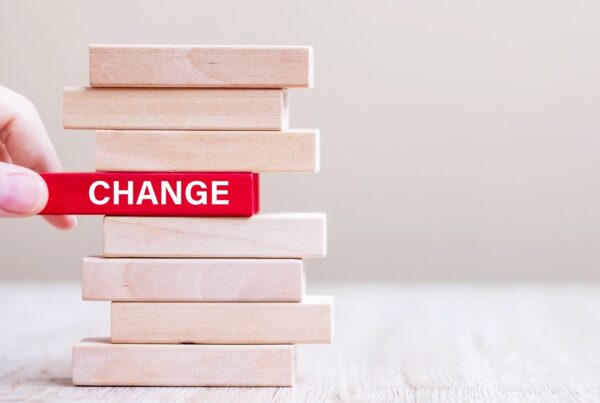I was intrigued with a headline in the New York Times Sunday edition last weekend: “Snap out of it, America” was the cover of a special opinion section. The premise of the section was that as a nation we’ve lost our capacity to think boldly. And it was full of interesting ideas and focused on areas that would benefit from a renewed focus on innovation. I appreciated the read – but it left me wondering more about the ‘why’ of our fading energy for thinking big. And what it will take for us to collectively regain our mojo.
To be clear, there have always been lots of us with low tolerance for risk – and that is what innovation is all about: letting go of the status quo to try something new. Most of us go to school, get decent jobs, live our lives. ‘Risks’ are things like taking out a mortgage on a first home or taking on student loans. It has always been a minority of us with the confidence to ‘bet the farm’ or max-out on credit cards to pursue a dream. Even in our national political leadership, there have been leaders who encouraged high aspirations (John F. Kennedy’s pledge to get to the moon comes to mind), while there were others that implored us to lower our sights (Trump’s America First must be viewed as a version of this). So we can speculate that maybe we are just at that point in the continuing cycles of life: our mojo will come back around on its own. But maybe not.
As a business owner and someone entering the later phase of my career, I have been reflecting on the topic of risk a lot lately: risk appetite, risk tolerance, risk management. And I think a big part of what is happening in our collective, national psyche is vertigo caused by inability to assess risks as well as we have in the past – primarily because the pace of change has accelerated. Add to that the fact that, as a society, we have so much to lose relative to the lives our forefathers and mothers were living just a couple generations ago. And a sad, final contributing factor I would observe: the dynamics pulling us out of a strong sense of American esprit de corps and into tribal identities: there are so few ‘win/win’ propositions – only win/lose scenarios. And so whether one is calculating in dollars, in influence, in reputation, avoiding risk becomes the rational choice – who wants to be a loser?
What is giving me some surprising optimism is the reported ‘Great Resignation.’ Not because I am unimpacted by the phenomenon of talented people deciding they want to leave organizations like mine and strike out of their own (it has been a particular challenge in the professional services and creative services world for years now!). But I am encouraged because it has to be interpreted as either a repudiation of how organizational life is valued OR a sign that people’s tolerance for risk is on the rise. Or a combination of both. A perfect set-up for innovations: in what work life looks like; in how people balance careers and family; in what people value and what they are willing to trade for what they value.
Said another way: in my experience, innovation is most potent when there are imbalances that motivate us to seek some kinds of correction. The expanding disparities of the past thirty years – the collapse of the middle class, the uneven recovery from the Great Recession, the inequitable experiences during the pandemic are all contributing to imbalances that cannot be ignored. We can and should innovate our way out of these troubled times. My bet is that we will look back decades from now and recognize some valuable signs of progress toward equity. But the process will likely be painful for some (those with the most to lose); an adventure for some (those with the highest risk tolerance); scary for some (those with the lowest risk tolerance).
My advice: for most of us, it will be important to focus reflection on the risks of NOT innovating, as opposed to our inclination to see change as a risk to avoid. Lean in…






